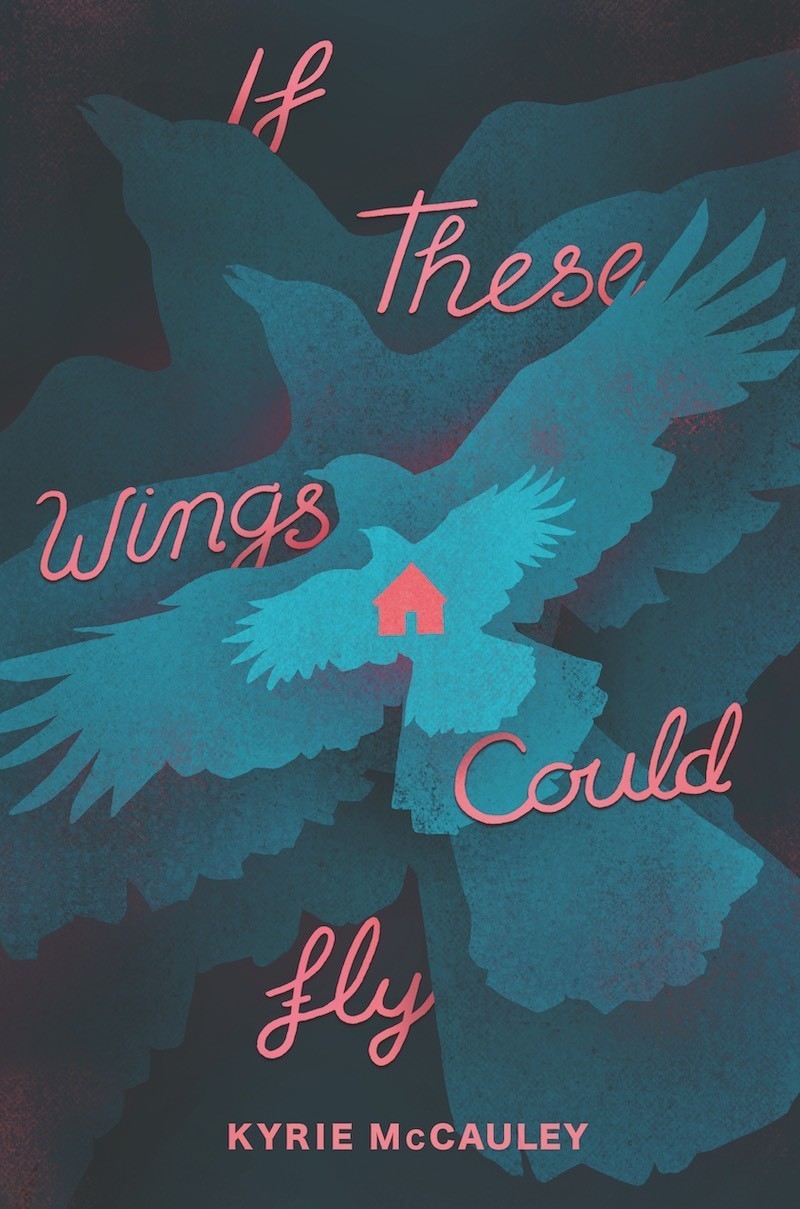Chapter 57
byChapter 57 of If These Wings Could Fly begins with a heavy atmosphere as Erin and her family return from a trip, only to find their home in utter disarray. The moment they step inside, it becomes apparent that something has gone terribly wrong during their absence. The house itself seems to reflect the chaos within: furniture is overturned, walls are damaged, and a picture that once symbolized a joyful homecoming is now shattered on the floor. The destruction serves as a stark visual representation of the tension and turmoil that has been brewing in the household, particularly centered around Erin’s father, who is immediately confrontational. There is no attempt at reconciliation or even an apology from him, but rather a barrage of accusations aimed directly at Erin, blaming her for causing embarrassment. The emotional weight of the moment presses down on the family, as Erin finds herself caught in a whirlwind of anger, confusion, and hurt, with no escape in sight.
The confrontation intensifies when Erin’s mother, who has typically been passive in these situations, surprises everyone by showing a rare moment of anger. She confronts her husband about his actions, questioning why he abandoned the family during their outing and allowed things to spiral so out of control. Her voice, though steady, reveals a deep sense of frustration and betrayal, reflecting the emotional toll that this ongoing struggle has had on her. Erin’s father responds by expressing his feelings of hopelessness, describing his failure to provide for the family in their small-town life. His inability to secure steady work has become a constant source of resentment, and the weight of these unaddressed issues manifests in an explosive outburst of violence. When he kicks over a chair, sending debris flying across the room, it is clear that the physical violence is just a manifestation of the deeper emotional instability within him. This physical act of aggression escalates the situation, signaling that the family is caught in a cycle of unresolved anger and frustration that is pushing them all further into conflict.
As the argument grows more intense, the father’s aggression escalates, and he corners Erin’s mother against the wall. His threatening demeanor creates a sense of fear and helplessness that consumes the room. Erin, unable to stay in the chaos any longer, retreats upstairs, her heart pounding as she listens to the confrontation unfold from a distance. She feels trapped, powerless to intervene, and helpless as she watches the situation spiral further out of control. In a final display of dominance, the father seizes the car keys and taunts Erin’s mother to retrieve them, further reinforcing the control he holds over the family. This moment solidifies the emotional and physical power imbalance that defines their relationship, leaving Erin’s mother to stand in stunned silence, unable to react in the way she might have hoped. The father’s actions, however, are not just about asserting control over the immediate situation; they are indicative of the larger pattern of manipulation and emotional abuse that has taken hold in their family dynamic.
The chapter closes with a poignant moment of shared silence, as Erin, her siblings, and their mother retreat to the safety of the bed, huddling together. Despite the chaos and emotional wreckage of the evening, they find a brief moment of solace in their unity. The weight of the father’s behavior lingers, but in this shared moment, they find comfort in each other’s presence. This quiet unity stands in stark contrast to the turmoil they have just endured, highlighting the complexities of familial loyalty and the emotional bond that, despite everything, still connects them. The silence is not just a result of exhaustion but also a reflection of the emotional numbness that has settled over the family, as they each process the trauma in their own way. This chapter poignantly underscores the psychological toll of domestic strife, the deep emotional conflict it generates, and the difficult challenge of holding onto familial loyalty in the face of overwhelming emotional abuse. It also suggests that despite the pervasive darkness, there may still be a glimmer of hope within the bonds that tie them together, a subtle nod to the possibility of healing amidst the turmoil.

